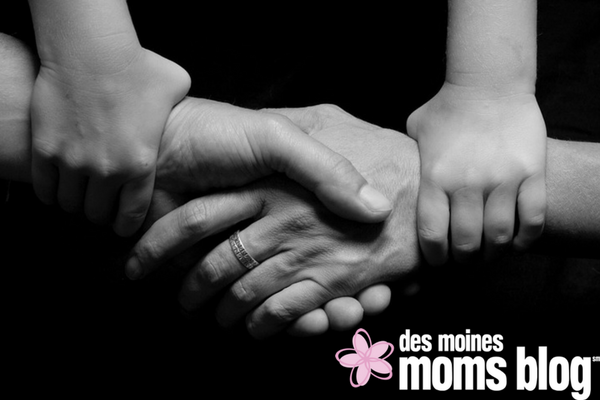Resiliency:
“Our ability to bounce back, or our ability to overcome challenges. Resiliency is a powerful buffer to life stressors, mental health problems, and crises.”
But how does one build resiliency? Are you just born with it? Or are there ways we can help our children build resiliency?
While personality and temperament definitely play a role in one’s resiliency, there are ways that as parents, we can teach our kids resiliency.
Tips for Building Resiliency
As a therapist, I work with both children and adults and have found the following important factors when learning what helps us overcome challenges and life stressors.
Talk about feelings
It’s never too early to start talking to your kids about feelings. I wrote a post about helping your child cope with big emotions. Using feeling language as early as you can, is the first tip.
Talking to your kids about how you’re feeling, how they may be feeling, and how characters in books, tv shows, and movies may be feeling is a great way to build this basic skill. Being able to identify how we feel and then cope appropriately is a great, basic skill that factors into our ability to be resilient.
Develop coping skills
Teaching and then modeling how to cope with emotions is another factor in building resiliency. Teaching our kids that experiencing ALL emotions is ok, but it is how we choose to handle those emotions- is so important!
There are a ton of ideas on Google and Pinterest about teaching kids how to cope, from deep breathing to glitter calm down bottles. Giving kids the tools early on to deal with challenges will help them in the future when they are coping with even bigger problems.
Another tip: modeling how to cope with our own emotions. We can’t expect our kids to be able to control and manage their emotions, if we can’t. So, it definitely starts with us and the example we set.
Another tip I use in my home is making sure we own our own feelings. So, instead of saying, “You made me feel x,y,z,” We say, “I feel x, when you x.” I try to teach my kids that no matter how we are feeling, it is up to us in how we decide to cope with them.
Recognize teachable moments
We’ve probably all heard about the importance of letting our kids fail sometimes. To not always rescue them. And I agree so I won’t repeat that advice. But, I’d also go further with it and encourage you to use those opportunities as teachable moments. Talk about what happened, what they could have done instead, and brainstorm together. Rinse and repeat. Over and over.
Identifying these teachable moments will allow your child to learn how to problem solve and be a useful skill later! Part of what makes someone resilient is their ability to problem solve and discover that there are always options and choices to make.
Build meaningful connections
This really should be at the top of the list. There is one common thread I’ve observed in working with clients- and it is connection. It is a major factor that determines a person’s resilience. Obtaining and maintaining healthy, meaningful connections is a powerful buffer to life stressors and challenges. Fostering healthy, close relationships with our communities and families is so, so important! And remember- it’s all about quality, not quantity.
How this can translate for our younger kids?
Those ever so important social skills- how to be a good friend, being kind, and listening/following directions. Learning their ABC’s is important, but I would go out on a limb and say emotional and social development is just as, if not more important! If a child is behind academically, those skills can usually be taught with some extra care and attention. Teaching a child how to be a friend and be a cooperative team player is a little harder to teach.
Having meaningful connections and supports in our lives, particularly in times of challenge, can make a significant difference in our ability to cope and bounce back from a crisis.


















